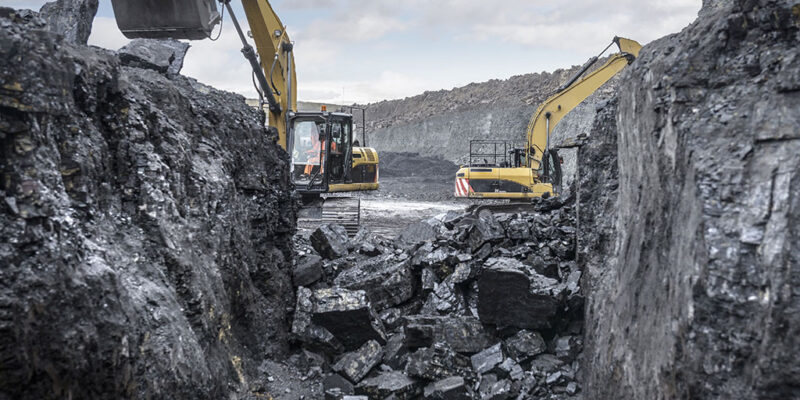
Zimbabwe is one of the countries with significant lithium deposits and potential for further exploration and development.
The production of lithium in Zimbabwe amounted to 900 metric tons in 2022, a slight decrease from 1,000 metric tons in 2021. However, there are several ongoing and planned lithium projects in Zimbabwe that could boost the country’s output and position in the global market.
One of these projects is the Arcadia Lithium Project, owned by Australian company Prospect Resources. The project is located about 38 kilometers east of Harare and has a total mineral resource of 43.2 million tons at 1.04% lithium oxide.
The project is expected to produce up to 2.4 million tons per year of spodumene concentrate and 216,000 tons per year of petalite concentrate. Another project is the Kamativi Tailings Lithium Project, a joint venture between Zimbabwe Mining Development Corporation (ZMDC) and Jimbata, a subsidiary of Zimbabwean company Six Sigma Metals.
The project involves reprocessing the tailings dump from the Kamativi Tin Mine, which closed in 1994. The project has an estimated resource of 23.3 million tons at 0.58% lithium oxide.
A third project is the Zulu Lithium and Tantalum Project, owned by Premier African Minerals (PAM). The project is located near Bulawayo and has a total resource of 20.1 million tons at 1.06% lithium oxide and 51 parts per million tantalum pentoxide.
The project is currently undergoing a definitive feasibility study and has secured a US$6 million investment from MN Holdings.
In addition to these projects, there are also other lithium exploration activities in Zimbabwe, such as the Mutare Greenstone Belt Project by PAM, the Lutope-Ngundu Project by Six Sigma Metals, and the Bikita Lithium Mine by Bikita Minerals.
These activities indicate that Zimbabwe has a strong potential to become a major player in the lithium industry, especially as the demand for electric vehicles and batteries increases worldwide.
However, there are also some challenges and risks facing the lithium sector in Zimbabwe, such as infrastructure constraints, power shortages, environmental concerns, regulatory uncertainty, political instability, and social unrest.
Moreover, Zimbabwe has recently imposed a ban on the export of unprocessed lithium. The ban is aimed at curbing artisanal mining and encouraging value addition and beneficiation of lithium within the country.
However, some analysts have warned that this could deter foreign investment and hamper the development of the sector.





